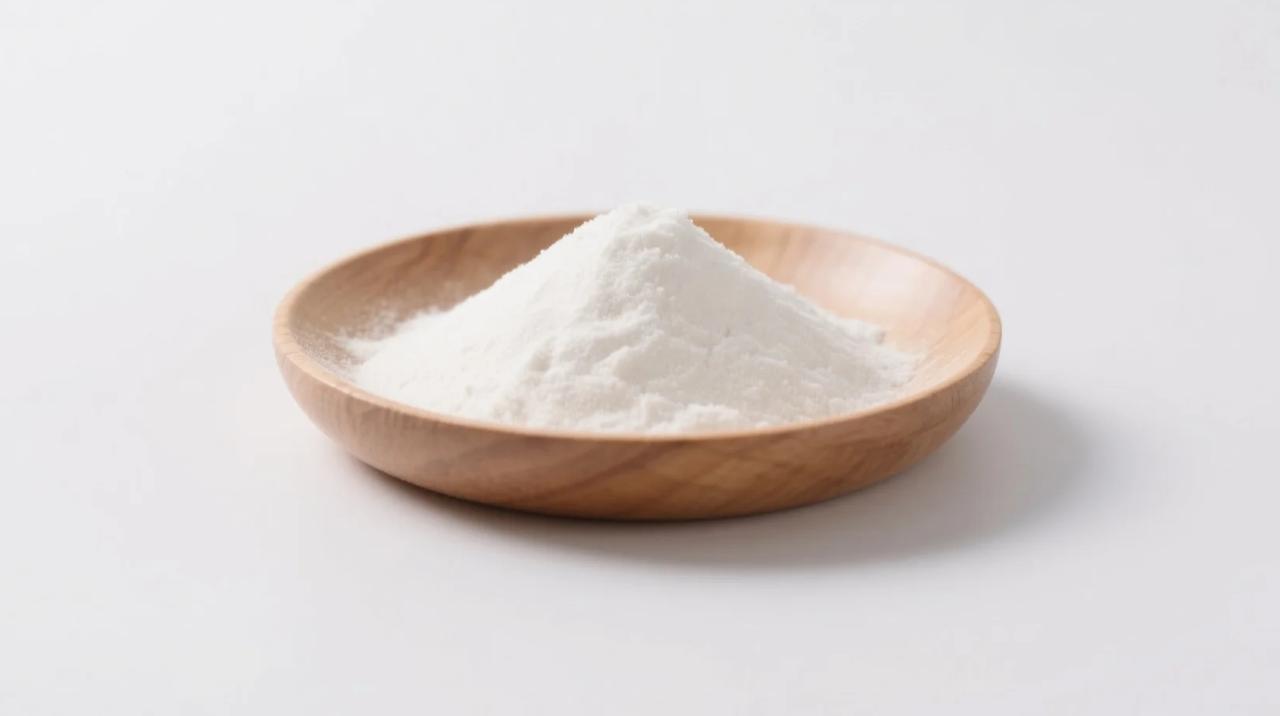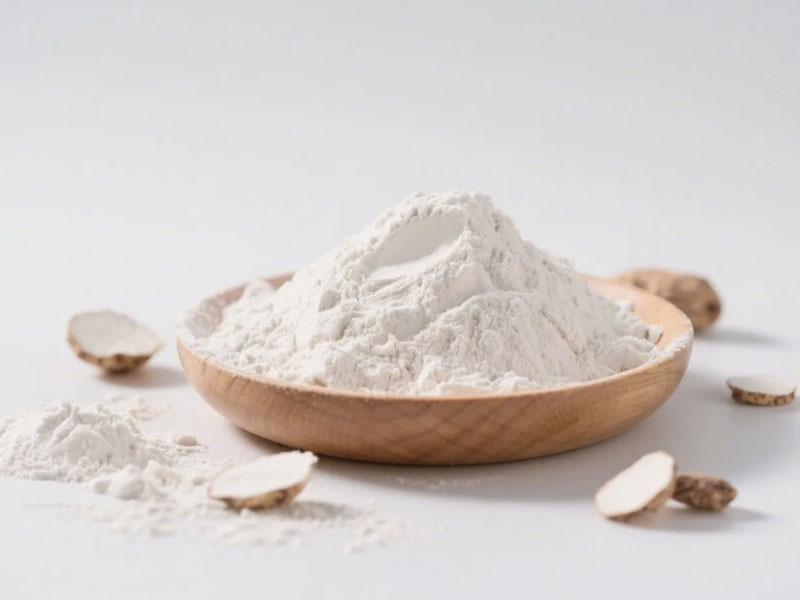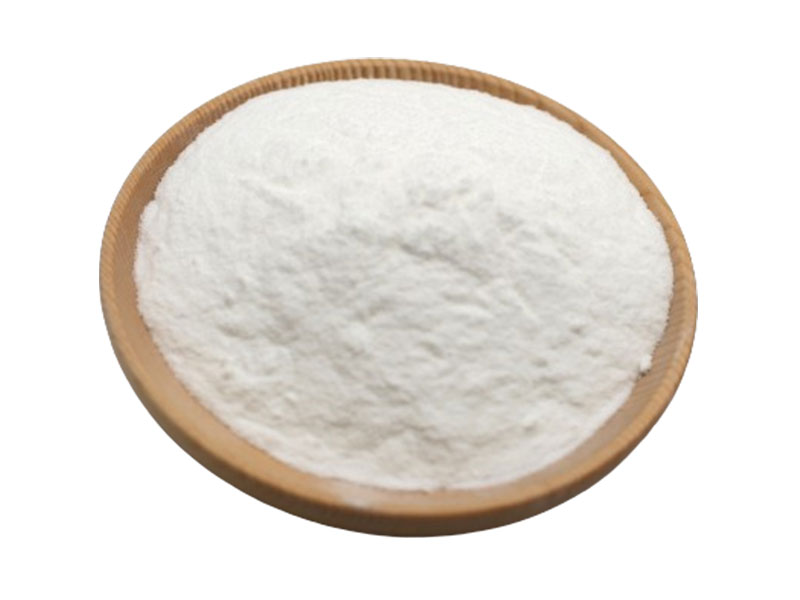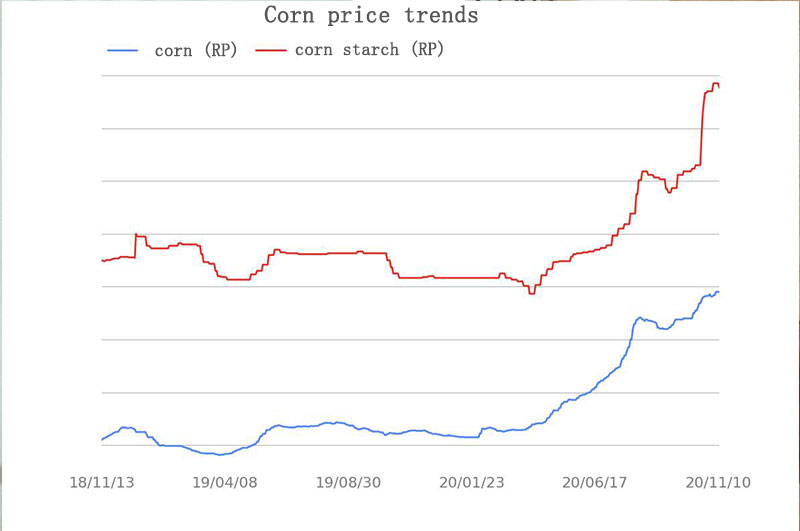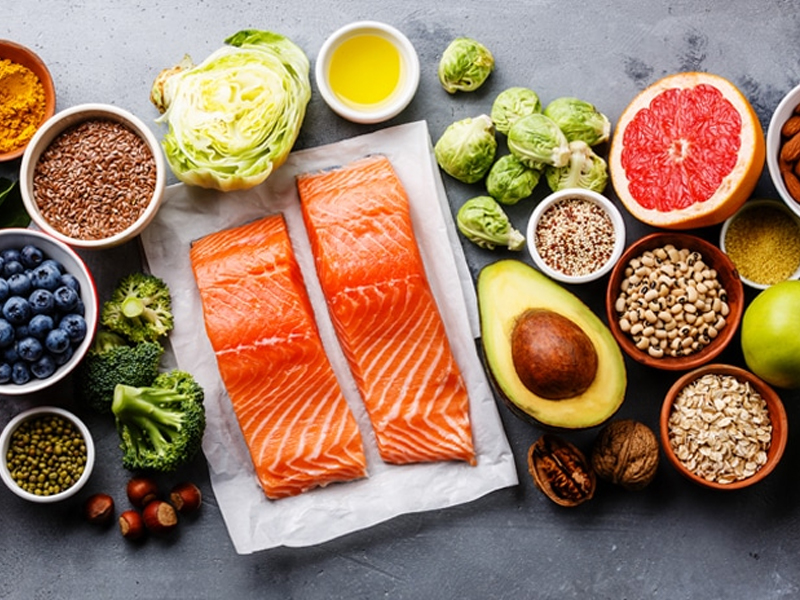If you’ve ever slurped konjac noodles or popped glucomannan pills for weight loss, pause. That soluble fiber swelling in your gut has a hidden relationship with your kidneys—one misunderstood by 79% of users in a 2023 industry survey. Let’s dissolve the myths.
Konjac vs. Glucomannan: Same Source, Different Forms
- Organic konjac flour: Ground from konjac root (devil’s tongue yam) for cooking.
- Organic glucomannan: Purified konjac extract sold as capsules or powder supplements.
- Analogy:
- Konjac flour = whole oranges
- Glucomannan = vitamin C pills
- Analogy:
The Kidney Safety Test: 3 Scientific Verdicts
1️⃣ Early-Stage CKD Patients (Study: Johns Hopkins, 2021)
- 121 participants with mild kidney impairment took glucomannan daily for 6 months.
- Result: No worsening of eGFR (kidney filtration rate) or creatinine levels.
- Caveat: Excluded patients requiring dialysis.
2️⃣ Dehydration Danger
- Glucomannan absorbs 50x its weight in water.
- Risk: Without adequate water, fiber thickens like cement in the intestines, forcing kidneys to work harder.
- Real case: A Tokyo hospital reported 3 ER cases in 2022 from glucomannan overdoses + low water intake → temporary kidney strain.
3️⃣ Medication Interference
- Glucomannan delays stomach emptying, altering absorption of:
- Diabetes drugs (metformin) → hypoglycemia risk
- Blood pressure meds → unstable readings
- Nephrologist tip: Take supplements 2 hours before/after prescriptions.
Konjac Flour’s Natural Advantage Over Supplements
| Factor | Konjac Flour (Food Form) | Glucomannan (Supplement) |
|---|---|---|
| Dosage Control | Self-limiting (e.g., noodles in soup) | Easy to overdose via capsules |
| Hydration Sync | Cooked in water-rich dishes | Requires manual water tracking |
| Additives | Zero fillers | Often bound with maltodextrin |
Critical note: One glucomannan capsule = 10 bowls of konjac noodles in fiber concentration.
3 Golden Rules for Kidney-Safe Use
- Water First Protocol:
- Drink 1.5 cups (360ml) water with every 500mg glucomannan.
- Dehydration = kidney stress amplifier.
- Test Before You Invest:
- Phase 1: Try konjac flour recipes (shirataki stir-fry, konjac jelly).
- Phase 2: Only supplement if no digestive/kidney sensitivity after 2 weeks.
- Blood Test Hack:
- Monitor serum phosphorus and potassium—high levels in kidney disease.
- Konjac is naturally low in both (unlike beans or nuts).
Who Should Avoid Glucomannan?
- Advanced CKD/dialysis patients: Impaired fluid balance increases dehydration risk.
- Kidney transplant recipients: Immune-suppressant interactions.
- Diverticulitis sufferers: Fiber swelling can inflame weak intestinal walls.
The Japanese Longevity Paradox
Okinawans—with Asia’s lowest kidney disease rates—eat konjac daily as food. Their secret?
- Natural form: Konjac flour in soups/steamed cakes → slow fiber release.
- No supplements: Avoid hyper-concentrated extracts.
- Mineral balance: Konjac’s calcium binds excess oxalates (kidney stone triggers).
Final Answer:
Glucomannan is kidney-safe in food form (konjac flour) with adequate hydration. Purified glucomannan supplements demand caution—use only under medical supervision if you have existing kidney concerns.
“Nature got it right: Eat the root, not the extract.”
Next time you see “glucomannan for weight loss,” ask: Is my kidney health worth the gamble? Stick with organic konjac flour—the gentle, ancient fiber that’s kept Okinawans cooking for 1,500 years.
Related Products
Organic Glucomannan Powder
A highly viscous, soluble dietary fiber extracted from the root of the organic Konjac plant,…
Organic Konjac Flour
Multi-Functional Ingredients for Gut Health, Weight Management & Clean-Label Innovation
Organic Maltodextrin Powder
Versatile Clean-Label Carbohydrate for Food, Beverage & Nutraceutical Applications
